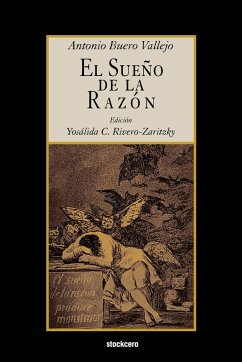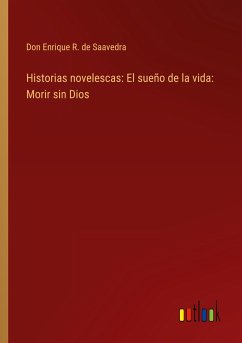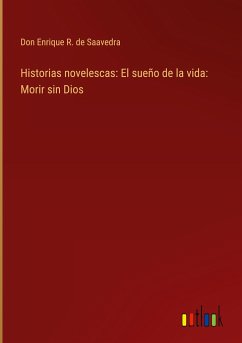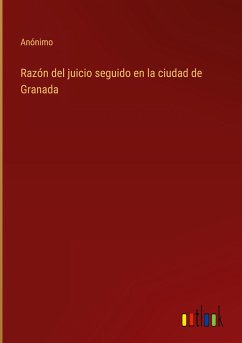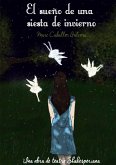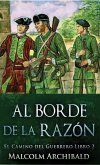El sueño de la razón is an excellent example of Antonio Buero Vallejo's «posibilismo», as the Spanish playwright called his strategy for conveying his strong public denouncements while eluding the Franco regime's censorship. Buero Vallejo centers the action in the pathos of Francisco de Goya, an indisputable icon of the Spanish culture; he delves into the painter's mind and daemons, using Goya's art to transform the play into a «total immersion» experience. In this way, he provokes the audience's feelings and leads it to complete the work's message after the curtain's fall. Most of the action takes place in Goya's «Quinta del sordo» (the «deaf man's country home»), during the Spanish King Ferdinand VII's restoration, (1823) with its subsequent crack down on «freethinkers, liberals and masons». The projected «Black Paintings» form a good part of the sparse stage design. Buero Vallejo plays with a sequence of images, conflating Goya deafness with dialogue, paintings and his etchings «Caprichos», «Disparates» and «Desastres de la guerra" in order to achieve a strong, univocal form of communication. This edition, with a foreword by Dr. Yosálida C. Rivero-Zaritzky, combines ample footnotes with reproductions of the «Black Paintings» inserted in the places prescribed by the author's stage directions. The text thus evokes the theatrical effect intended by Buero Vallejo. An appendix with reproductions of the etchings mentioned throughout the text completes the background information required to fully understand ¬and enjoy this masterpiece of Spanish theatre.
Hinweis: Dieser Artikel kann nur an eine deutsche Lieferadresse ausgeliefert werden.
Hinweis: Dieser Artikel kann nur an eine deutsche Lieferadresse ausgeliefert werden.

